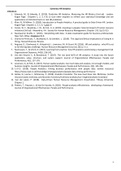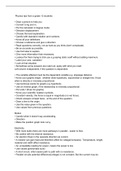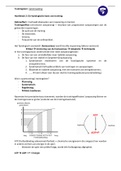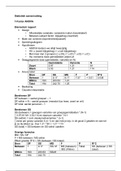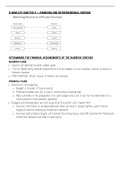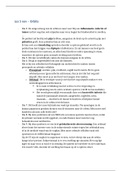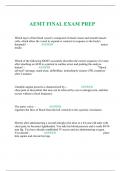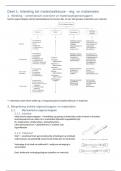Lecture 1 – Introduction to Civil Procedure Law
Main actors in Court
Prosecutor
Judge
Jury
Defense
Plaintiff
Lawyers
UNIDROIT = The International Institute for the Unification of Private Law (based in Rome,
Italy), founded 1919 but now an independent multinational organization
ALI = American Institute of Law (Based in Philadelphia, USA), focus mainly on scholarly work
Principle of Transnational Civil Procedure *
Published in 2004 by ALI and UNIDROIT
31 principles
Aim at harmonizing, taking account of the peculiarities of transnational disputes as
compared to purely domestic ones
Rules of Transnational Civil Procedure
- Not formally adopted
Important Definitions
a. Civil Procedure *
- About Compensation
- Parties; individuals, corporations, and the federal government
- About; Issues resulting in injury or failure of duty (breach of contract), tort to individual or
other private party
b. Criminal Proceedings *
- Sentencing, punishment, and fines
- Only the federal or state government (the prosecution) may initiate a case against the
defendant
- An offense against the public, society, or the state
, c. In Personam Jurisdiction *
- Against a person
- Jurisdiction of a person
- The judgment binds only to a person
- Decision is binding upon the person at stake – personal assets liable
d. In Rem Jurisdiction *
- Jurisdiction over an object/property
- Binding for everyone using that object
- Important element is the location of the property
Independence, Impartiality and Competence *
Principle 1 UNIDROIT
o Judicial independence (objective)
Separation of powers; Different branches should not be working together (other than safeguarding
the rule of law). Judges are authors of their own decisions and should have freedom of influence.
o Impartiality
As referring to a state of mind or attitude of the tribunal Human Rights Committee about impartiality
in Article 14(1) implies that judges must not harbor preconceptions about the matter, and must
not act in ways that promote the interests of one of the parties.
Other applicable principles of UNIDROT; Principle 1.2, 1.3 and 1.4
Relevant cases; Liljeberg v. Health Services Acquisition Corp., Arvo O. Karttunen v. Finland
Lecture 2 – Parties to Proceedings
Admissibility Criteria;
- Relates to Formal/Procedural requirements a court has to meet before considering the
merits (substance) of the case
Merits;
- Refers to a claim which has a valid basis, setting forth sufficient facts from which the
court could find a valid claim of deprivation of a legal right.
Establishing Jurisdiction; *


